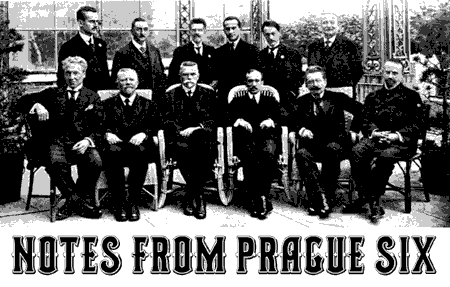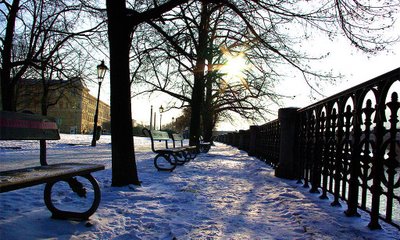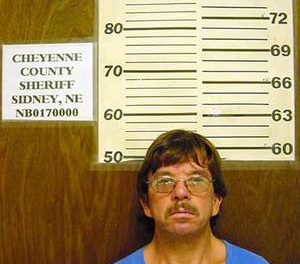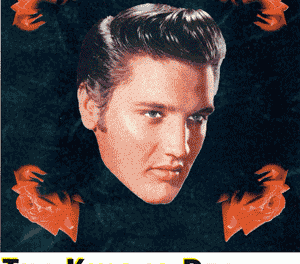In the Olympics the Czechs beat big bad Russia for the gold, and last month it was Russia’s feisty ex-nemesis the Finns. Somehow it’s appropriate that the Czechs should pull off back-to-back defeats of these old warrior nations.
Svejk walking between the legs of two centaurs into the glory of the winner’s circle, smiling and holding a beer. Not that the Czechs aren’t fierce on the ice. The metaphor breaks down even further with the explosion of passion around the country after the final victory.
The nation-wide party, soaked in beer, would make even the most patriotic Gulf War celebrant blush. The flags, the nationalist songs, the flags, the wild-eyed fist pumping, the flags. For one night the national identity is not bound up with the image and reality of the “little Czech” (maly Cesky clovek), but rather with the proud victor; the champion.
It’s hard to begrudge them this one night, yet the healthy reaction to any display of nationalism is fear heavily tinged with disgust. And so I always pray that the Czechs lose their big games. If not for the sake of the street cleaners that have to pick up the effluvia of euphoria piece by broken piece, then for the anarchist or gypsy who is sure to get his faced kicked in amid the flag waving chaos.
This year’s sacrifice to Czech Hockey Gold was Bartolomej Lukac of Cheb. The young Roma was out celebrating the Czech victory, thinking the team belonged to him too. Apparently he was wrong.
During the warm seasons, Prague’s historic core becomes the galaxy’s ground zero for tourism. Paris and London are just as bad, but it’s hard to imagine that any urban space could be as filled with or geared toward visitors as central Prague. Any Czech within a kilometer of Old Town in July is either speaking English in a crystal shop or handing out flyers to overpriced organ concerts.
The only sight more common than the colored umbrella held high is the folded city map. In recent years this sense of unreality brought by the tourists has been compounded by the sprawling presence of film crews. The heavy cords running from trucks, the lighting equipment, the trailers, the caravan of catering cars.
They set up camp for days, making a familiar block unwalkable and crowding small squares. The sight of tourists gawking at Wesley Snipes in Mala Strana takes the foreigner living in Prague to a place three dimensions removed from… what? Reality? An authentic city scene? What does authentic even mean here anymore?
When friends visiting Prague used to say that it felt like a movie set, I would try and ground them by explaining the history. My dear shallow rooted American, I would lecture, this is real. Hollywood only makes simulacrums of this street, this alley, this church. Now I’m not so sure. Maybe the villages and the panelaks are all that’s left. The rest is Panavision on stilts.
Almost every stray piece of trash in an otherwise clean city like Prague can be traced to two fast food chains. Three-quarters of these pieces are drink containers. I am confident that an official study would bear this out. Such a study might lead to the establishment of a special litter tax on these chains.
Sometimes it is tempting to try and foment a public outcry for such a tax. And sometimes it is tempting to just leave the operating areas of the chains altogether, and move out to walk barefoot with the hippies, to live among their messy canvasses and organic kitchens; their unkempt dogs and happy children.





